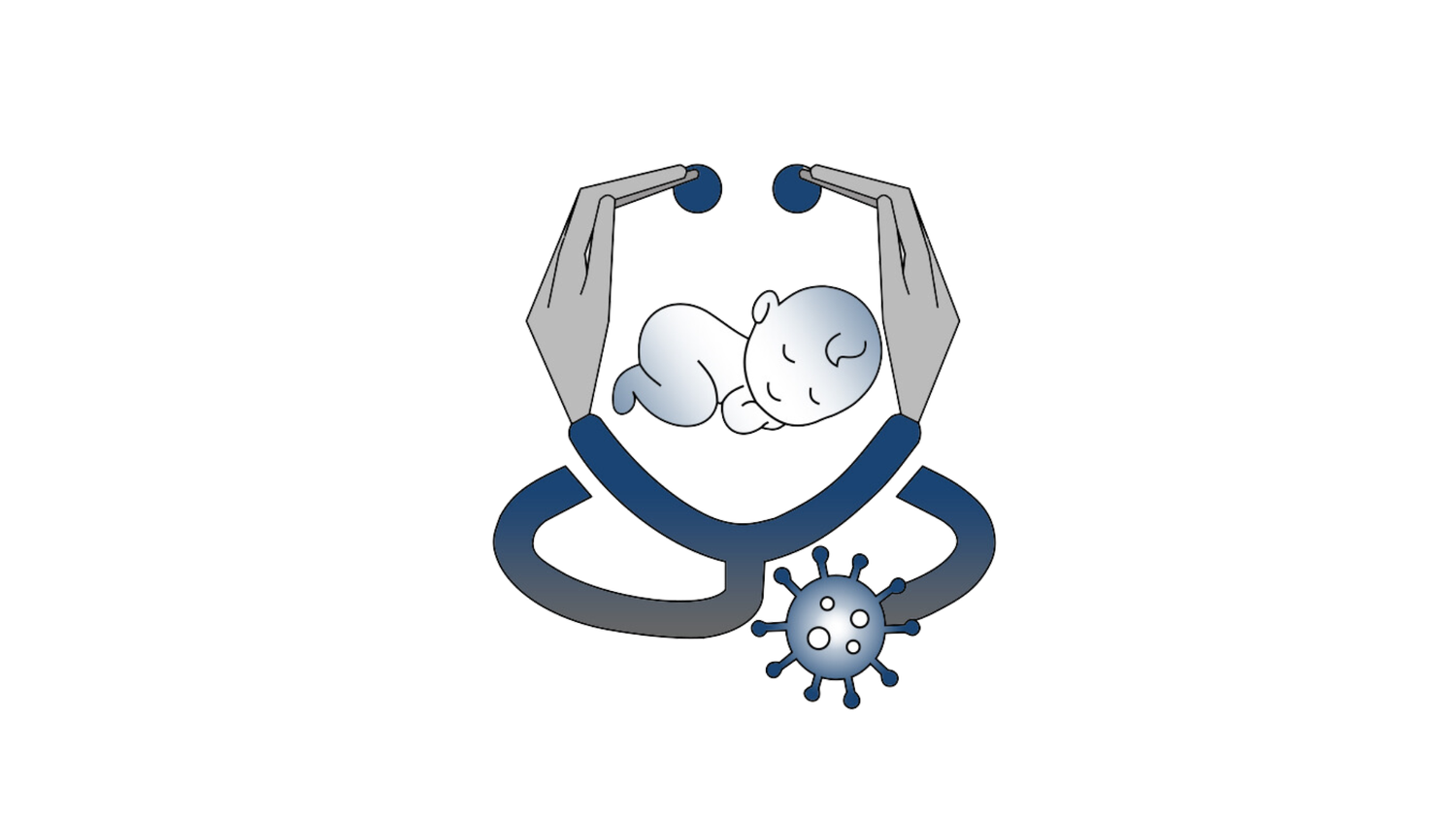

Learn more about the ‘Kids, Bugs and Drugs’ studies
-

Everyday life
If my experience as a parent is anything to go by… kids are gross! They put everything in their mouths, they lick all the things - it’s no wonder they’re sick, all the time. In your role as a parent, grandparent, or other adult in a family with young kids - how do you manage childhood illness and your family’s wellbeing in everyday life?
We want to know!
-

The lab
The mysterious land of microbes, the wonderful world of bugs, the fascinating variety of viruses. What are you learning about microbiology while you’re at university, and how does it shape your interactions with the microbial world around you - both within and beyond the lab?
Come chat to us!
-

In the community
We often visit the GP to treat a cold or flu. But doctors aren’t the only ones managing illness and immunity in the community. Pharmacists, nurses, educators and teachers all play an important role in managing community wellbeing, too. Do you work as an pharmacist, community nurse or educator?
We want to talk to you!

Our bodies contain three times as many microbial cells as they do human cells.
Microbes rely on us for their survival, but we rely on them for our health and well-being.
Our microbiome - the ~39 trillion tiny microbes that live on our skin and in our gut - is increasingly linked to every aspect of human health from digestion and mood to immunity and mental health.
But antibiotics, which kill pathogens and cure infections also kill many of the ‘good’ bacteria that help support our health. Their overuse also drives antimicrobial resistance (AMR), which is a growing problem globally.
AMR is already responsible for >1 million deaths worldwide each year and is projected to cause >10 million - and cost the global economy ~USD$6.3 trillion - annually by the year 2050.
AMR is driven in large part by the overuse of antibiotics. But antibiotics remain a central part of how we manage illness, infection and immunity in everyday life, especially in relation to childhood illness.
How might AMR be stopped? What can we do differently?
This is what the ‘Kids, Bugs and Drugs’ studies aim to find out.
